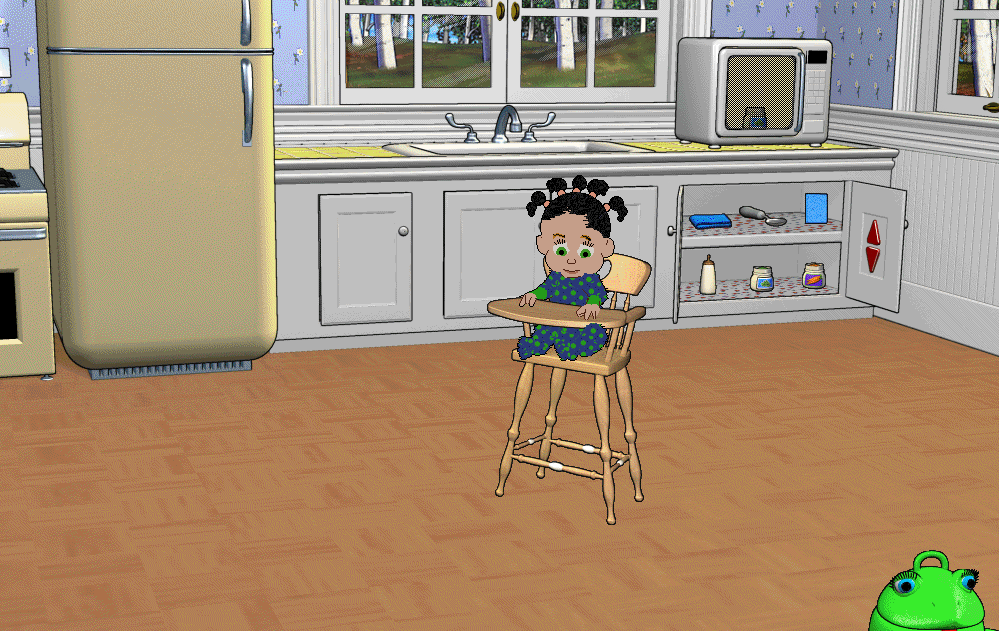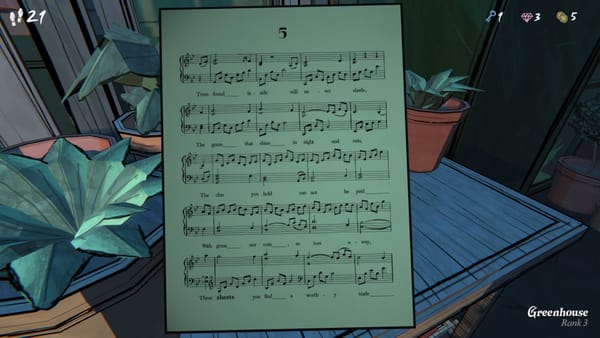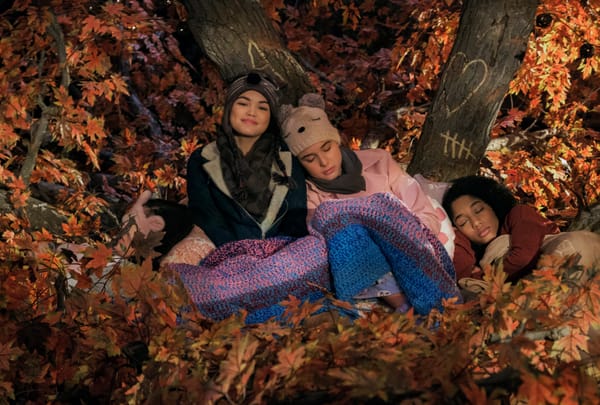Kaleidoscope
on sexuality and a Letterboxd obsession
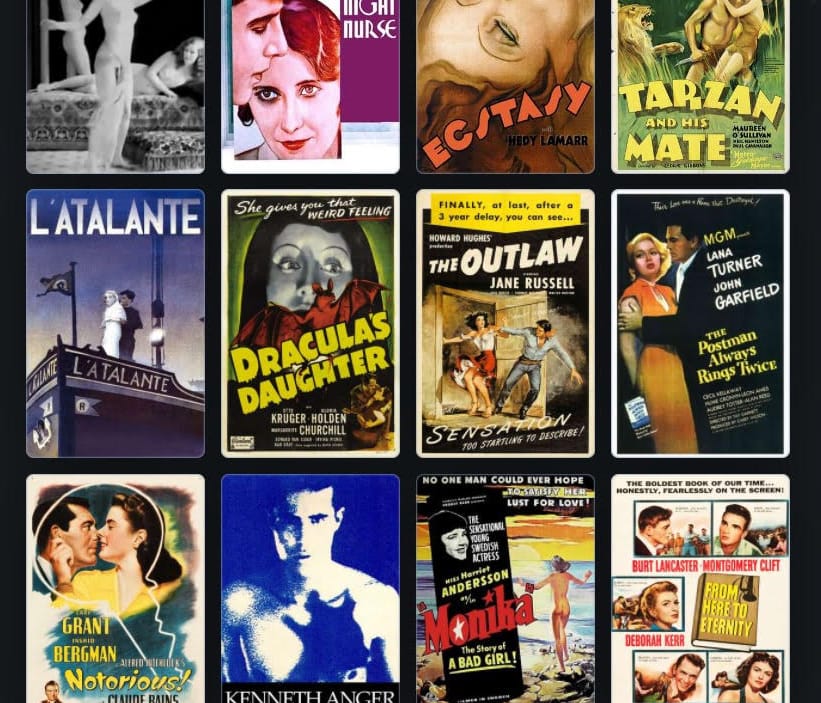
TW: brief mention of SA, religious deconstruction stuff
I signed up for Letterboxd. I thought it was just a way of recording movies I watched. I didn't understand the incredible artistic effort that other users were putting into curation, and how much it would make me want to abandon all my other hobbies in favour of cinema. 'Visually insane' for movies with psychedelic visuals. The incredibly specific 'psychosexual dramas, nihilistic fever dreams & surrealism with a touch of humour'. And the intriguingly titled 'towards a canon of interesting, and important, sex scenes'.
The latter caught my attention for obvious reasons. And what I have found is a kaleidoscope of sexuality. Light and wholesome, dark and twisted, and all the gray areas in between. And this has both challenged and healed me in ways I wasn’t expecting.

There's been a bit of discourse about sex in movies this year. People wonder what the point of sex scenes is, to which my first answer is, 'Well, you could say that about anything.’ What is the point of violence in media? Of depicting people eating or sleeping or exercising or cooking or talking? Sex is part of adult life. But people are entitled to weird opinions. I have friends who are more offended by the word 'fuck' than by watching a human have their face ripped off and eaten by a zombie, whereas the latter upsets me quite a lot more.
Can you remember the first sex scene you ever watched? Mine was probably the classic 'unexpected sex scene in a movie your parents picked up in Blockbuster'. We didn't have Common Sense Media in the '90s. You just watched what everyone else was watching, within reason. The gulf between Tots TV and violent slasher movies was vast, and included the odd sexy moment (which is, of course, deeply unsexy when accidentally viewed by several generations of the same family). I don't recall watching anything particularly explicit, but I do remember squirming uncomfortably at scenes like this:

But awkward family moments aside, my first real exposure to sexuality in media was through music videos. I was into them from the age of twelve upwards. MTV was a big thing back then, and I'd switch it on as soon I got through the door after school every day.
Music videos had monumental cultural capital among my peers in the year 2004. I was sixteen by then. I had an image in my mind of what a sexy woman was: she was minimally clothed and quite tanned with jutting hip bones in low-rise jeans.
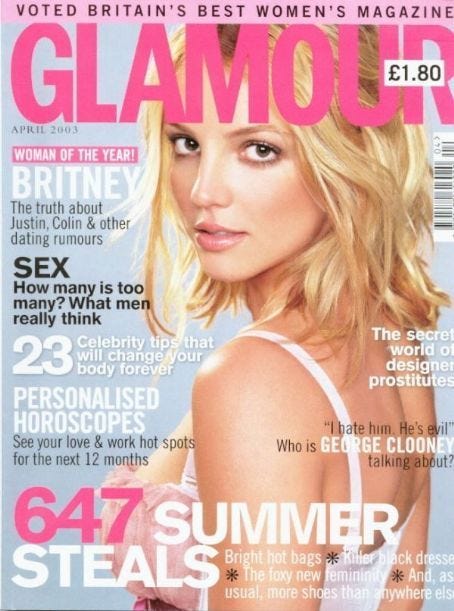
I read Glamour magazine religiously. Almost everything I absorbed came from the lens of how to please a man; the odd 'how to pick a good vibrator' article was vastly outnumbered by misogyny everywhere else. I was sexually curious (normal for that age) but a girl (so not allowed to express that in any way). I was passive and scared of my own feelings. Boys joked around about wanking all the time; girls, not so much. Boys were allowed to systematically finger their way through every girl in their social circle with no judgement; girls were sluts if they drunkenly snogged someone at a house party.
And a lot of that is down to age, I guess. Teenage awkwardness and stupidity. But it also comes down to shockingly bad sex education and cultural assumptions about what girls should be. I wasn’t taught this stuff. I didn’t know if it was normal to think about sex a lot. I had no idea how to set my boundaries. No real idea of what consent meant. And no idea how to express what I wanted. It was a no man’s land, a vast limbo in which any number of confusing and stressful things could happen.
But hey. I did know how to put a condom on a banana.
Important Sex Scene #1 - Juno and Paulie, Juno
Oh, Juno. I used to love this movie, so it felt like the right to kick off with. Remember the flashback scene of the moment Juno gets pregnant? She took the lead. She pursued what she wanted (sex with her kind, quiet friend). I remember watching this for the first time in my early twenties and not being able to relate to this at all. My teenage self would never have dared to initiate something like this. Being a sexual equal to someone else would have been mind-boggling to me.
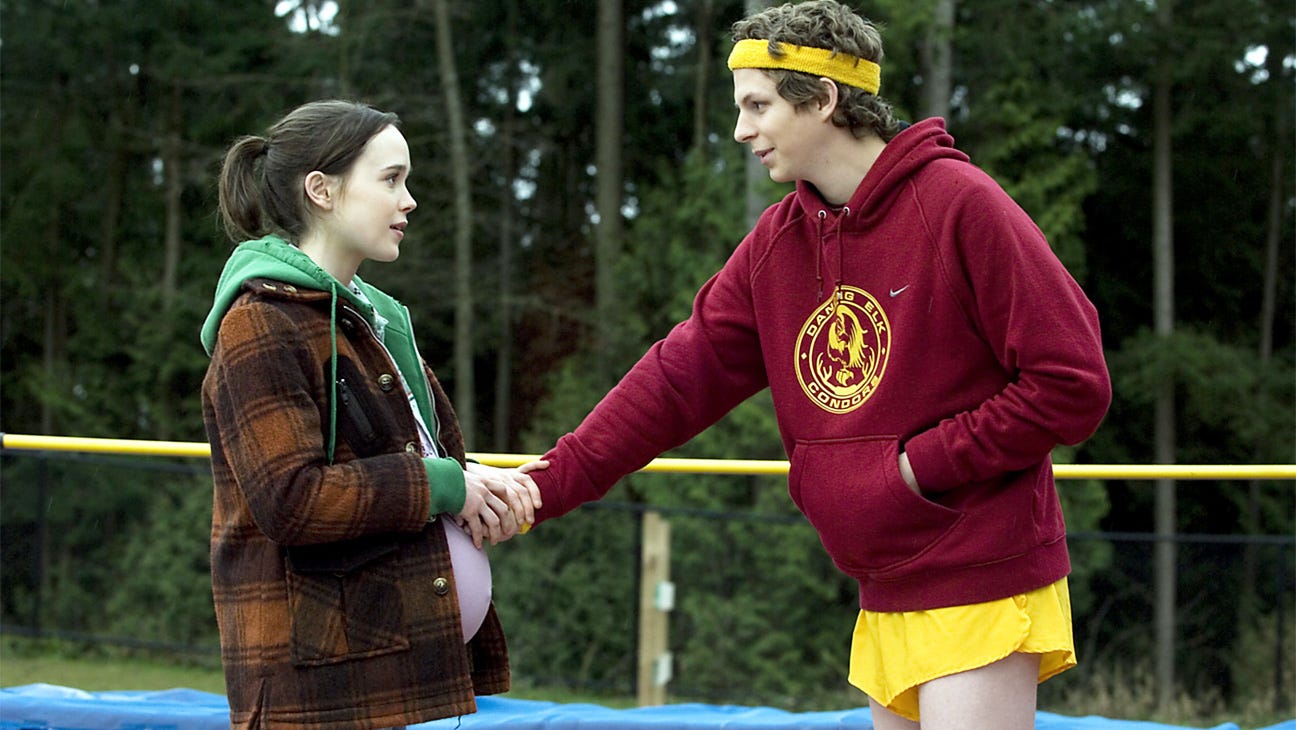
Anyway, it's quite a sweet scene. Surprisingly touching, I think (and it must be hard to get this kind of thing right given the age of the characters). Juno gets pregnant, so she has some pretty big gaps in her sex education, but it’s kind of innocent, explorative, a bit awkward, and very human. I’m glad it exists.

I converted to Christianity in my late teens. Looking back on it, I had cultural whiplash. Modern Christianity is packed with in-group language, and it felt like everyone was talking in code. The people I interacted with were kind and patient with me, but I often felt like an idiot anyway.
The heart is a complicated thing in Christianity. It's considered vulnerable and in need of protection but also inherently untrustworthy. 'Guard your heart above all else, for it is the wellspring of life' is a scripture living alongside 'the human heart is the most deceitful of all things, and desperately wicked'.
Among the other young women, I learned how modern evangelical Christians deal with their sexuality. Everything to do with sex was tangled up with the concept of the heart. Sex before marriage was an obvious no-no. Technically, 'the other stuff' wasn't allowed either. Kissing became problematic for some people; it was better to avoid any situation where you would be alone with your potential future husband just in case.
To be fair, I know people who thrived under purity culture. In a sex-obsessed world, surrounded by friends shagging left, right, and centre, Christianity gave them a wall of protection, a defensive barrier, a solid reason to say no. And it gave sex more meaning. I’ve never really clicked with the idea of casual sex: it’s always been emotionally significant to me in some way, not something I could write off as purely physical.
The thing is, under the Christian framework, you’re not supposed to masturbate, either. To me, this idea of switching off an entire part of your physical existence isn’t a good idea, in the long term. And it’s not backed up by scripture: there’s a verse about a specific man not being allowed to ‘spill his seed’ (least sexy description possible) onto the ground, but that’s about it. There’s literally no specific command in the Bible to stop women from doing it, so I can only presume it was taught because men, at some point, decided they didn’t want us to have fun.

Important Sex Scene #2 - Eliza and herself, The Shape Of Water (2017)
I was not expecting to see the mum from Paddington setting a timer to masturbate in the bath as part of her regimented morning routine. Nor was I expecting to be sitting here writing an impassioned paragraph about it. Eliza is mute after a childhood injury. She's polite and determined and set in her ways (hence the timer).
I liked that they included these moments: without seeing this part of her, it would be tempting to infantilize her, to see her as somehow helpless or wholly innocent. But she’s not. She’s an adult woman, with wants, needs, and an incredible desire to be loved and understood by someone. All good character-building stuff, visualized in a couple of seconds.
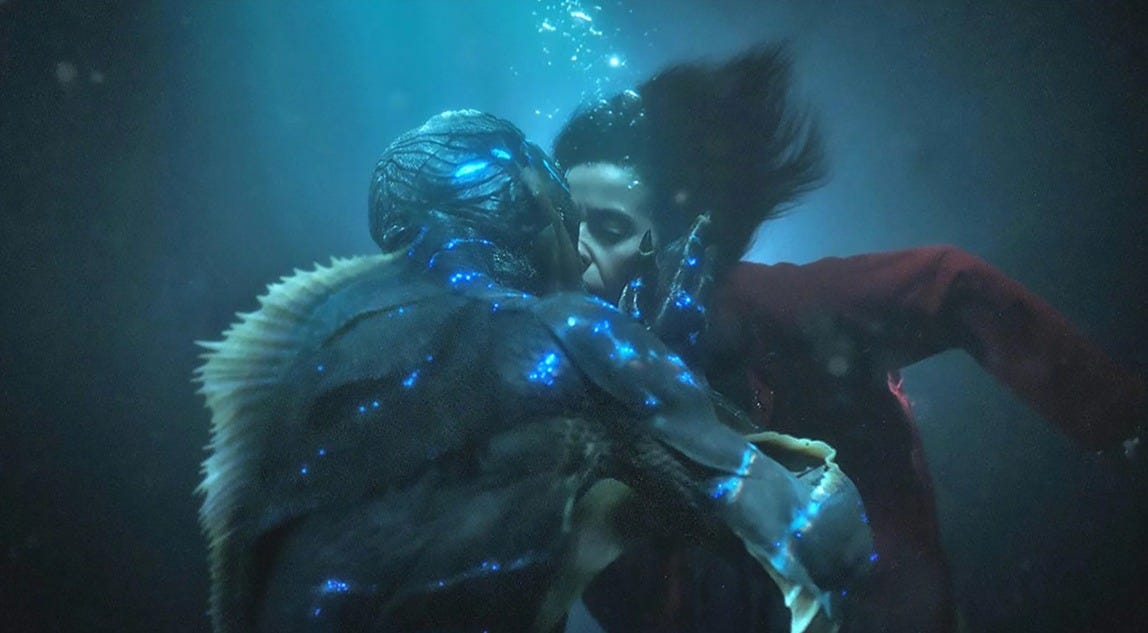
(I’ve got a real soft spot for this movie. Eliza falls in love suddenly, and it seems completely insane to everyone, but her friends can’t help but get swept along with it. When Eliza’s friend Giles opens the bathroom door and sees Eliza, suspended in ecstasy with the amphibian man, he just stands there for a moment in awe. Their love is a tidal wave, inexplicable, but gorgeous, something to protect and defend against harm, even if it doesn’t make sense. And I think that resonates pretty strongly with anyone who has ever fallen in love a little too quickly, despite their best efforts to be sensible.)

Women are depicted in American Christian media (which, due to lack of UK resources, inevitably trickles down to us) as both pure and precious, to be protected, but also dangerous, sexually alarming, a strange mixture of powerless and powerful. It's our job to police how we dress, how we behave, and what we say. Because if you dress in a certain way, you'll tempt a boy. It is the kind of ground in which rape culture thrives, in which women can be painted as temptresses, men as helpless Neanderthals who can't resist boning people they like the look of.
Recently there was a stir in the Christian world because of an article published by the Gospel Coalition in which the writer compared sex between a married (heterosexual) couple as being an allegory for how God interacts with the world: coming inside your wife is the same thing as God pouring out his spirit within the church (or something). The ‘spilling of seed’ (ugh) is the ultimate act of generosity, and the wife should graciously receive this gift. Her own orgasm doesn't play a part in this illustration.
I really wish I was making that up.

The conclusion I have come to since deconstructing is that modern, particularly evangelical, Christianity is just as obsessed with sex as the secular world and holds just as many messed up views about it.
And, most disappointingly, I've learned that to evangelical Christianity, a woman's sexual desire is just as invalid as the secular culture I grew up with. Women's sexual confidence is forbidden at worst and an afterthought at best. Two sides of the same coin, I guess.

I'll tell you one of my only experiences of purity culture, having come into it slightly too late for it to take root.
One day, post-conversion, I met with a friend from another church and talked at length about my newfound faith. We talked about the Bible, and how I was brimming with both excitement and stress, constantly feeling two steps behind. She was a kind, open-hearted sort of person, and she was ready to share her wisdom. And so in Topshop, over the sound of an ear-splittingly loud indie dance playlist, she told me about soul ties.
A youth pastor had explained it to her church, she said. A soul tie is created when you have sex with someone. Somewhere, in your soul (or your heart; the two are interchangeable sometimes, and I still don't fully understand the difference), a permanent link is created to the other person's soul. I imagined it like a thick cable tie, the kind you can only break with really sharp scissors.
I looked at her in horror, a cluster of rainbow-coloured tank tops in my hand.
'How do you get rid of it?'
She smiled at me kindly, with a hint of pity. 'You just pray and ask God to remove it.'
I was stupid. I should have called it out for what it is (obvious bollocks). But I was vulnerable and still in a state of post-abuse flux. Interestingly, when I Google this now, two out of three of the top answers are Christians debunking the concept, but I can tell you that wasn't what turned up when I looked it up in 2008. Instead, I saw confirmation after confirmation. Soul ties were another 'in-group' thing I hadn't understood until that moment.
I cried all night. The thought of being eternally attached to my abusive ex-boyfriend was a huge problem. For days, I begged God to take it away; I felt absolutely nothing in return. Over time, it got less painful to contemplate, but the guilt lingered. Sex had left me damaged and hurting. My decision to sleep with someone had eternal ramifications. And some of those times hadn’t even been consensual, really; I’d make the decision, sometimes, out of fear or stress or exhaustion.
If you’ve never had anyone do anything sexual to you without your consent, it’s hard to describe the worthlessness that you feel. It marks you, permanently, with an underlying knowledge that someone stronger can just come along and take what they want from you.
To feel like this is a terrible thing.
Consider, then, this talk by current-pastor-in-hot-water Mike Pilavachi. Mike is speaking to thousands of young people at a youth event.
In this talk, Pilavachi talks about sex by comparing it to a chocolate cake. He goes downstairs for a glass of water in the night and talks to the cake in the fridge, and the cake tempts him into having a little taste. Inevitably:
‘One thing led to another, and cakey and I became one flesh. The plate with its spongey crumbs, the spoon with its little bits of cream, and the knife all screamed ‘murderer!’ As I lay in my bed that night, tossing and turning, I knew what went wrong: I opened the fridge door.’
This is meant to be a funny story. A light-hearted way of warning teenagers, who are probably looking for motivation to stop themselves acting on their raging hormones, against going down the ‘slippery slope’ (how’s that for an unintended euphemism). And I find it horrifying. Because it’s so final: he’s comparing sex to murder. And yes, I know, it’s a joke. It’s not actual murder. It’s the devouring of a cake. But it heaps layers of heavy, irreversible finality onto sex in a way that I find really damaging, and not particularly biblical.
And, on top of that, this talk was given at a youth event specifically designed to stir up strong feelings; kids are away from home, and have been singing emotive worship songs and being encouraged to be as vulnerable as possible in order to connect with God.
Imagine being there, in that crowd, tired and emotionally spent, having been sexually assaulted or raped in the past. Imagine being told that the thing that happened to you, without your consent, is being portrayed as the worst possible thing imaginable, not only because it hurt you, but because it hurt God. Imagine the guilt. Imagine the shame.
Of course, sin and forgiveness go hand-in-hand; being very familiar with these kinds of things, I can presume that what followed was a message about God’s love, and how we can get the chance to start again. Pilavahi made a point of scolding people for judging other people’s sexual histories, and encouraged the gathered youth to be kind.
I can tell you, though, that praying for forgiveness doesn’t remove that lingering guilt, and that the knowledge that you are forgiven does not undo the humiliation. The problem is not the event (although I do find some of it deeply questionable.) The real problem is the underlying theology; the problem is pitting humans against their own bodies in a way that can’t help but produce shame. And too much shame can produce sad and unpredictable results for everyone. Including those right at the top of the leadership chain.
Important Sex Scene #3 - Megan and Graham, But I'm a Cheerleader (1999)
I’m getting carried away here. Let's move on to another movie. But I'm a Cheerleader, directed by Jamie Babbit, opens on a dry, scorching day. The main character, Megan, 'enjoys' an excruciatingly slobbery makeout session with her boyfriend while fantasizing about her fellow cheerleaders in their uniforms. Megan's family and friends notice her obvious lesbianism way before she does, and her parents ship her off to a severe conversion camp called True Directions in an attempt to turn her straight.
It's a strange, colourful, surreal movie. It's packed with jarringly stereotypical montages in which the girls are forced to do cleaning while the boys engage in axe-throwing or whatever. It's obviously satirical and ridiculously over-the-top, but you can't help but root for Megan as she slowly transforms from wide-eyed and helpless into stubborn and determined (while somehow hanging onto her breathless girliness and total devotion to cheerleading).
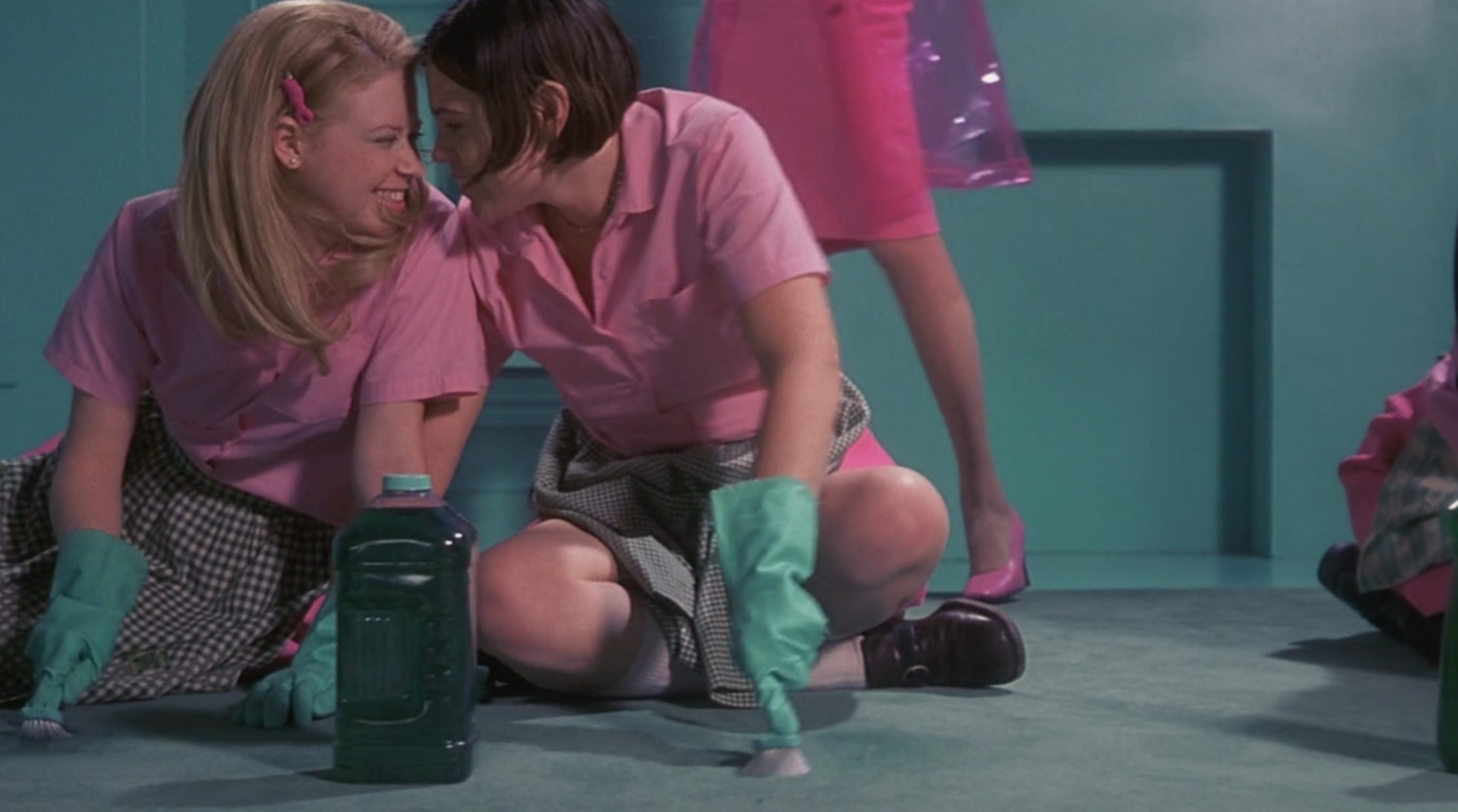
Megan meets and falls for a fellow campmate, Graham (a girl Graham, just to be clear), and the two sneak off together in an act of rebellion that will have consequences for both of them. The scene is sweet, passionate, and kind; two women under a duvet, gently exploring hands hidden by sheets and intermittent darkness.
This is the scene I would point to in response to the idea that sex scenes are pointless; this is a pivotal moment for both of them, but crucially, it's the first moment in which Megan is truly allowed to feel alive. It's consensual and beautiful, and incredibly healing. A depiction of the kind of sex that has the power to change your whole life.

It might not surprise you to hear that I quite like a ritual. I like marking thinky sort of things in a physical way. So after I watched the above movie, fed up with having so much baggage and tired of feeling angry at myself, I decided to sit down and write down every bullshitty message I’ve internalised from childhood to now. I wrote it down on scraps of paper. Then I put them in a big bowl of water and watched as the ink ran and the paper dissolved into mush.
(I know it’s not quite as impactful as setting it on fire, but I feel that would be a slightly alarming thing for a 35-year-old mother-of-two to do at 1.30 on a Wednesday afternoon.)
It felt so good. And there was something quite calming about watching the papers soften to goop; I’ve always preferred water to fire, allegory-wise. It felt gentle and natural and right.
Christianity should be a leveller. The idea is that we’re all sinners, none of us are good enough, and that’s that. And while I don’t agree with the theological concept of original sin, I do kind of see the basis for it. We’re all humans. We’re all a bit shit. But we’re all capable of brilliant things, too. And I, for one, would be capable of many more brilliant things if I just spent less time being annoyed at myself.
When people ask me why I became a Christian, I always respond with absolution. And so, in a twisted kind of way, despite depositing a ton of guilt onto my shoulders, my faith also embedded the importance of forgiveness somewhere deep in my psyche. I do believe in forgiving other people. And I do believe in forgiving myself. It’s time to forgive myself. It’s time to stop beating myself up for being stupid and move on.
There are Christian women fighting against purity culture, holding leaders to account, and refusing to settle for a life of guilt and shame. These women are paving the way for a safer future for future generations, and I’ll always support that. There are Christians quietly reckoning with their religion, undoing old damage while still holding onto their faith tightly. I admire that, too.
And sometimes, when I’m being hard on myself, I hear a little voice in my head that says: Stop this. You’re enough. Is this voice God, or is it just me? I’ll have to get back to you on that one.

I watched more sex scenes than I have included in this list, because let’s face it, this is already way too long. I’m not saying they were all significant. Some of them were stupid, some of them were horribly awkward, some of them were, well, indescribable.
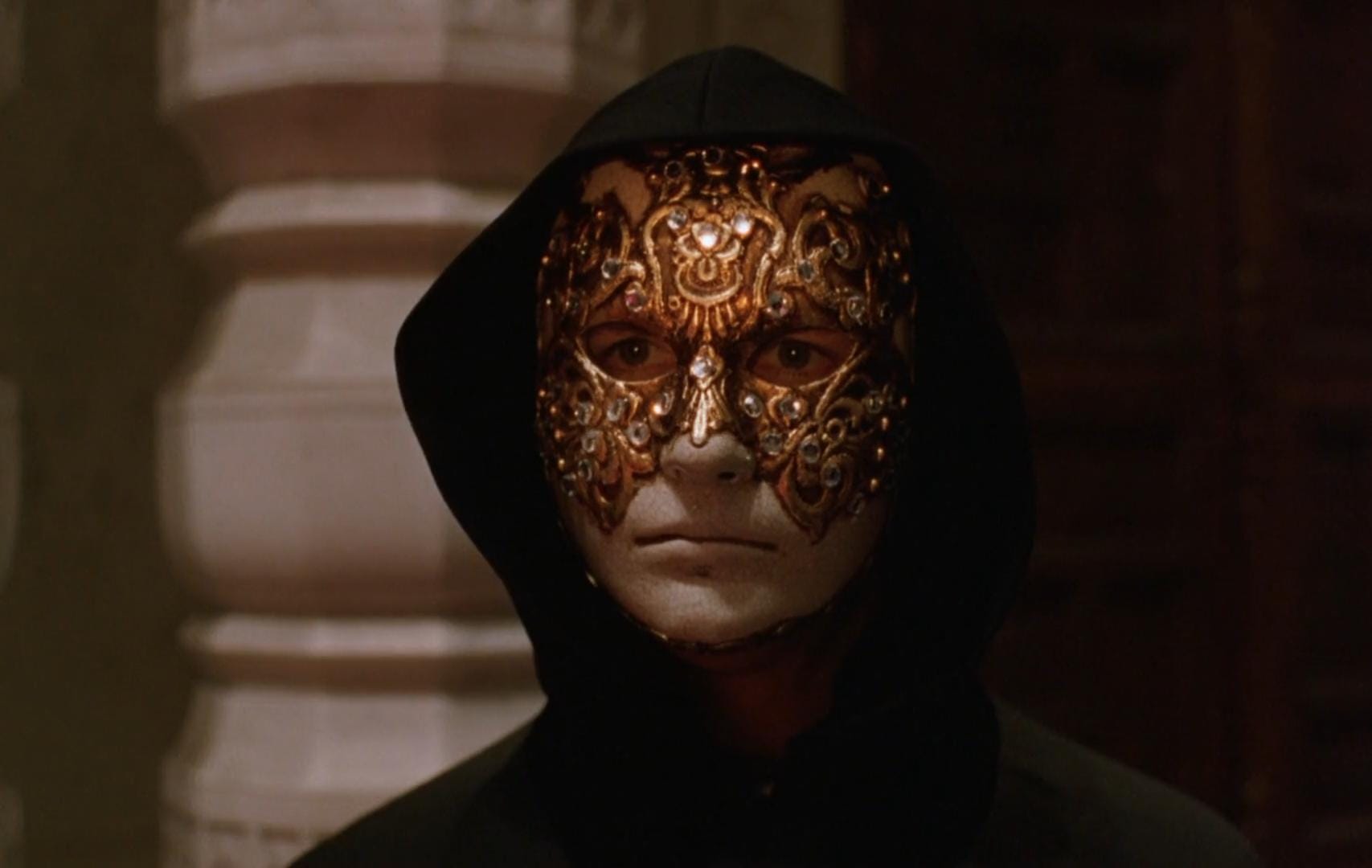
But frankly, even just the act of watching these movies and subsequently talking about them is a healing thing in itself. I went from shy teen growing up in the hellscape of the early noughties to purity culture. Neither of those places let me be sexually expressive (at least, before marriage) without unnecessary guilt.
I’m a physical person, and I think I always have been. That was never a bad thing. I like hugs (full-body hugs, not awkward side hugs), I like leaning my head on my friends’ shoulders when I’m getting tired, I like scooping up my kids and holding them in my arms even though they’re getting too big really. I like hand-holding, I like kissing, I like sex. I like it all. I love it, even. And why shouldn’t I? Life is shockingly short; having a body in which to enjoy feeling things is, to use a faith-based term, a blessing. The kind of God I believe in doesn’t mind that. In fact, I like to think they would approve.
Look, I’m not saying everyone should enjoy movies with sex scenes, and I’m not necessarily recommending that everyone deconstructs their own sexuality while watching a bunch of movies suggested by a stranger on the internet (although I won’t tell you not to do it, either).
Some people don’t like sex in movies. I get it. I’m just making the case that they’re sometimes important and necessary and valuable.
Surprisingly valuable, actually.



